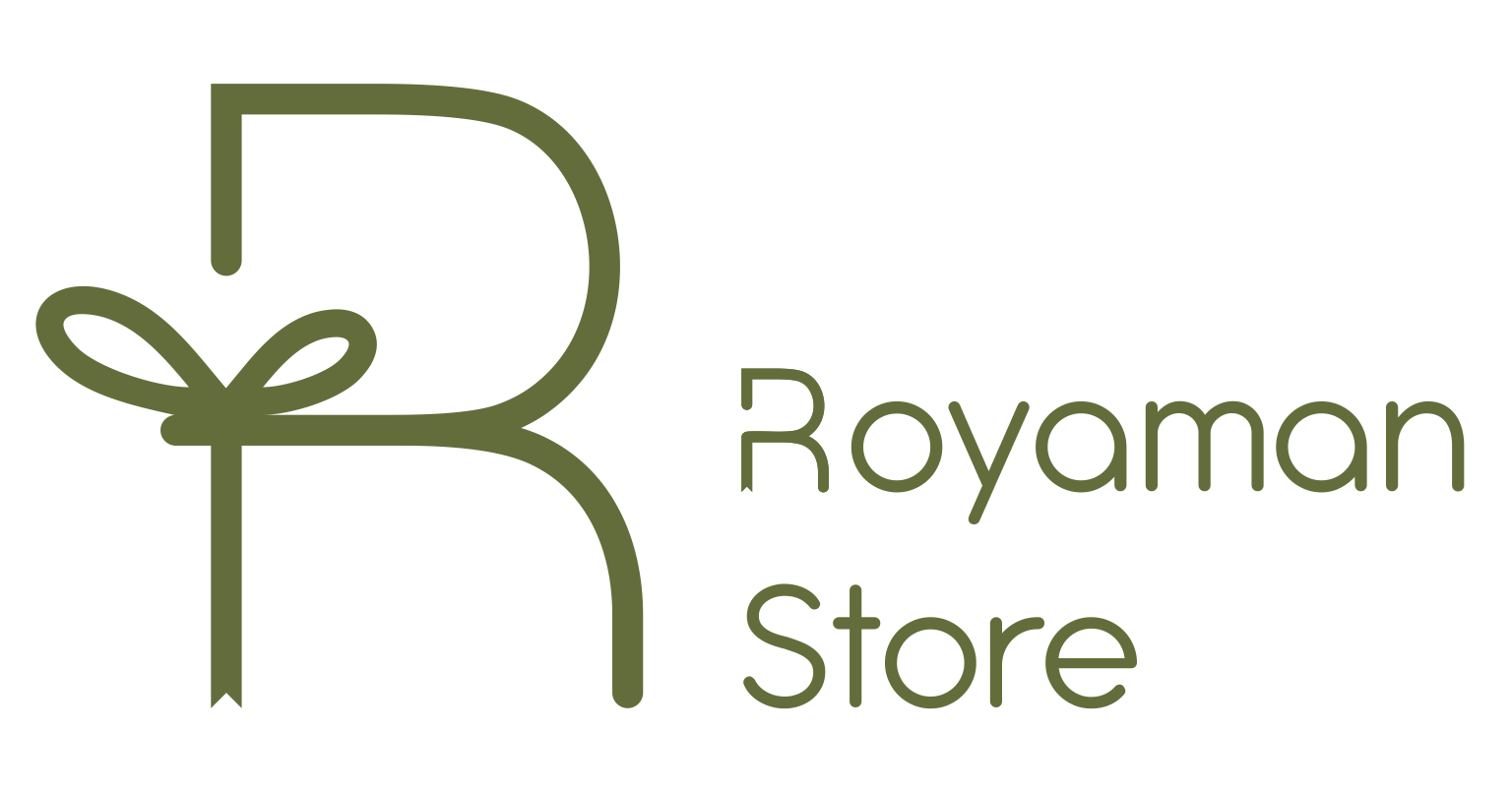Why Did the Chicken Cross the Road? A Game of Cultural Tales in Canada
The curious question, “Why did the chicken cross the road?” has lingered in popular culture for decades. But what if this simple query takes on a more profound role in Canadian cultural tales? This article explores the whimsical game of storytelling that has evolved in Canada, delving into the iconic joke’s various interpretations and meanings in a cultural context. From historical roots to modern adaptations, we uncover how such a simple phrase encapsulates a rich tapestry of tales across Canada.
The Origins of the Joke in Canadian Culture
The roots of “Why did the chicken cross the road?” can be traced back to the United States in the 19th century. However, its journey into Canadian lore has added unique twists, reflecting the nation’s diverse culture and humor. The joke, with its classic punchline “To get to the other side,” underscores a fundamental human desire to explore and reach for something beyond the ordinary. In Canadian settings, it has been absorbed into local folklore, reflecting the quirks and characteristics of various communities.
Cultural Adaptations Across Provinces
Canada’s vast geography and multicultural population have allowed the joke to morph uniquely in different provinces. Each region brings its unique flavor, often adding local references or adapting the humor to fit regional contexts. For instance, in Nova Scotia, the joke might include elements of maritime culture, while in Quebec, it might playfully incorporate nuances of the French language. Here’s how the joke varies:
- In Ontario, it incorporates elements of urban hustle and cultural diversity.
- In Alberta, it may involve ranch humor and references to wide-open spaces.
- In British Columbia, the punchline might include environmental awareness.
- In the Northern Territories, indigenous storytelling can enhance its meaning.
Why the Chicken Joke Thrives in Canadian Schools
In educational settings across Canada, the chicken joke is more than just a source of laughter; it’s a teaching tool that fosters creativity. Educators use this joke to stimulate students’ imagination, encouraging them to think laterally and invent their own punchlines. This practice not only enriches language skills but also enhances storytelling abilities, reflecting the importance of humor in learning. Furthermore, it acts as a light-hearted bridge, connecting students of various backgrounds through shared humor chicken game gambling cross the road.
Modern Interpretations and Media Influence
In today’s digital age, the classic joke has evolved beyond print to infiltrate digital media. Social media platforms and digital comics have breathed new life into the joke, offering modern reinterpretations that often include memes or animated sketches. Canada, with its vibrant online community, has become a fertile ground for these creative endeavors, ensuring the joke’s relevance is continually revitalized. Such adaptations demonstrate not only the enduring appeal of the joke but also its ability to adapt to modern communication forms.
The Enduring Legacy of a Simple Question
The joke’s simplicity and open-ended nature have made it timeless, allowing it to transcend generations while still inviting new interpretations. In Canada, it serves as a cultural artifact, showcasing the nation’s humor, diversity, and ability to adapt and blend traditions harmoniously. It is a testament to how something as trivial as a joke can become a meaningful aspect of national identity, weaving a narrative that reflects the Canadian spirit of exploration and understanding.
Conclusion
The question, “Why did the chicken cross the road?” persists not just as a joke but as a cultural phenomenon within Canada. Its adaptation across regions and integration into educational and digital spheres highlight its role beyond mere humor. This seemingly simple inquiry continues to serve as a mirror of Canadian life, reflecting the country’s rich cultural diversity, educational priorities, and innovative spirit. As Canada evolves, so too does this timeless tale, constantly redefined by the people who share it.
FAQs
- Is the chicken joke originally from Canada?
No, the joke originated in the United States during the 19th century but has since been adapted into Canadian culture.
- How is the joke used in Canadian schools?
It’s often used as a tool to encourage creativity and language skills, allowing students to invent their own versions and punchlines.
- Why does the joke vary across Canadian provinces?
The joke varies to reflect local cultural references, languages, and humor, making it relatable to different communities.
- How has digital media influenced the chicken joke?
Digital media has provided new platforms for adaptations, including memes and animated sketches, which keep the joke relevant to younger audiences.
- What does the chicken joke represent in Canada?
It represents the nation’s humor and is a reflection of Canada’s cultural diversity and adaptability.
